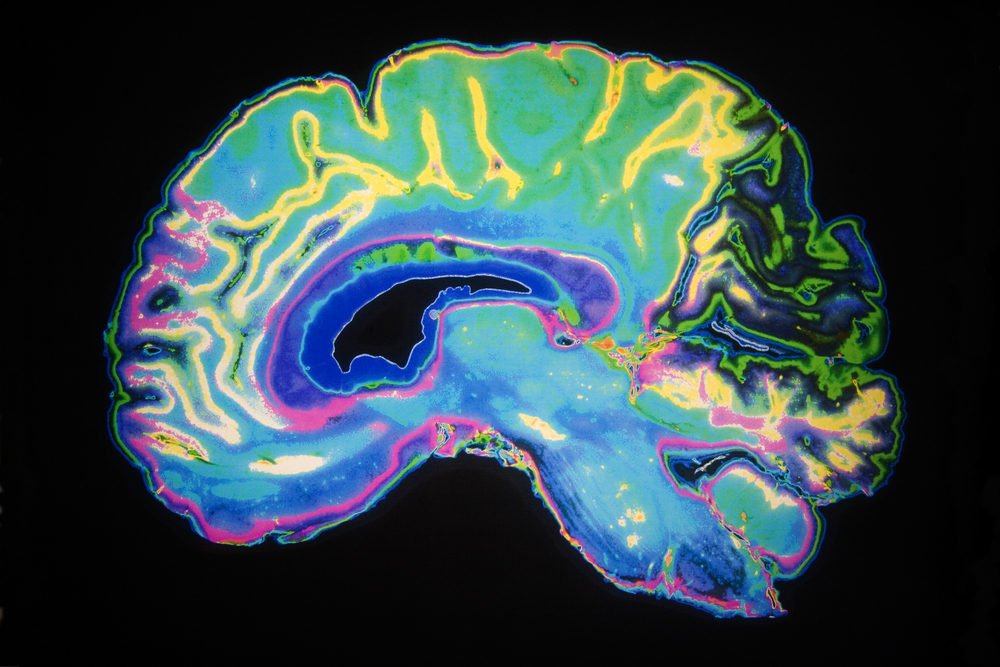Coagulation Factor XII May Be Involved in Alzheimer’s Disease Onset, Study Finds
Written by |

Reduced levels of the blood coagulation factor XII improves brain inflammation and cognitive deficits in Alzheimer’s disease, new research shows.
The study, “Depletion of coagulation factor XII ameliorates brain pathology and cognitive impairment in Alzheimer’s disease mice,” appeared in the journal Blood.
Vascular (blood vessel) dysfunction and inflammation in the brain are early signs of disease in Alzheimer’s patients. Both these processes can trigger neuronal death, but it is unknown whether beta-amyloid, the protein that builds up into plaques in the brain of Alzheimer’s patients, plays a role in these processes.
The plasma protein factor XII is part of a cascade of enzymes that induce vascular pathology and inflammation. Beta-amyloid has been shown to activate this cascade, which in turn has been suggested to be overly active in Alzheimer’s disease. Therefore, the research team from Rockefeller University hypothesized that activation of factor XII by beta-amyloid could play a role in initiating Alzheimer’s disease.
The absence of cognitive impairment until later stages of Alzheimer’s makes it difficult to study earlier stages of the disease. But the recent finding of genes linked to an early-onset hereditary form of Alzheimer’s enabled researchers to analyze what happens in the brain before the onset of symptoms.
“The first changes observed in these patients are in beta-amyloid levels. The second changes are brain abnormalities related to the vascular system, which can occur 20 years before overt cognitive symptoms appear,” Sidney Strickland, PhD, research professor and head of the Patricia and John Rosenwald Laboratory of Neurobiology and Genetics at The Rockefeller University, said in a press release.
The research team showed that activating the cascade of pro-inflammatory enzymes that involves factor XII is temporally correlated with the onset of brain inflammation in mice with Alzheimer’s.
And, to study factor XII, the team used a molecule that prevented the gene from making the protein. Alzheimer’s mice with reduced levels of factor XII showed significantly less inflammation and neuronal degeneration than untreated Alzheimer’s mice, or controls.
In addition, although they still performed worse than healthy controls, Alzheimer’s mice with reduced factor XII showed improved cognitive function in a memory test where the animals had to remember the location of an escape hole.
The study highlights the link between Alzheimer’s and the vascular system. “There’s a lot of evidence that exercise, which helps keep your blood vessels healthy and blood flow consistent, can be protective against [Alzheimer’s disease],” Strickland said. “In addition, we know that diseases that compromise the vascular system, like diabetes, put people at higher risk.”
Still, the researchers caution that more work is needed. “We need to further define what’s going on, so we can identify patients with vascular problems and develop a targeted therapy to help that aspect,” said Zu-Lin Chen, the study’s first author.
“Our work contributes to the increasing evidence that vascular abnormalities are playing an important role in cognitive decline and inflammation in some [Alzheimer’s] patients,” Strickland added. “The hope is that defining the vascular mechanisms involved will allow for better diagnosis and eventually new treatments. Each step forward is a step closer to understanding this terrible disease.”





